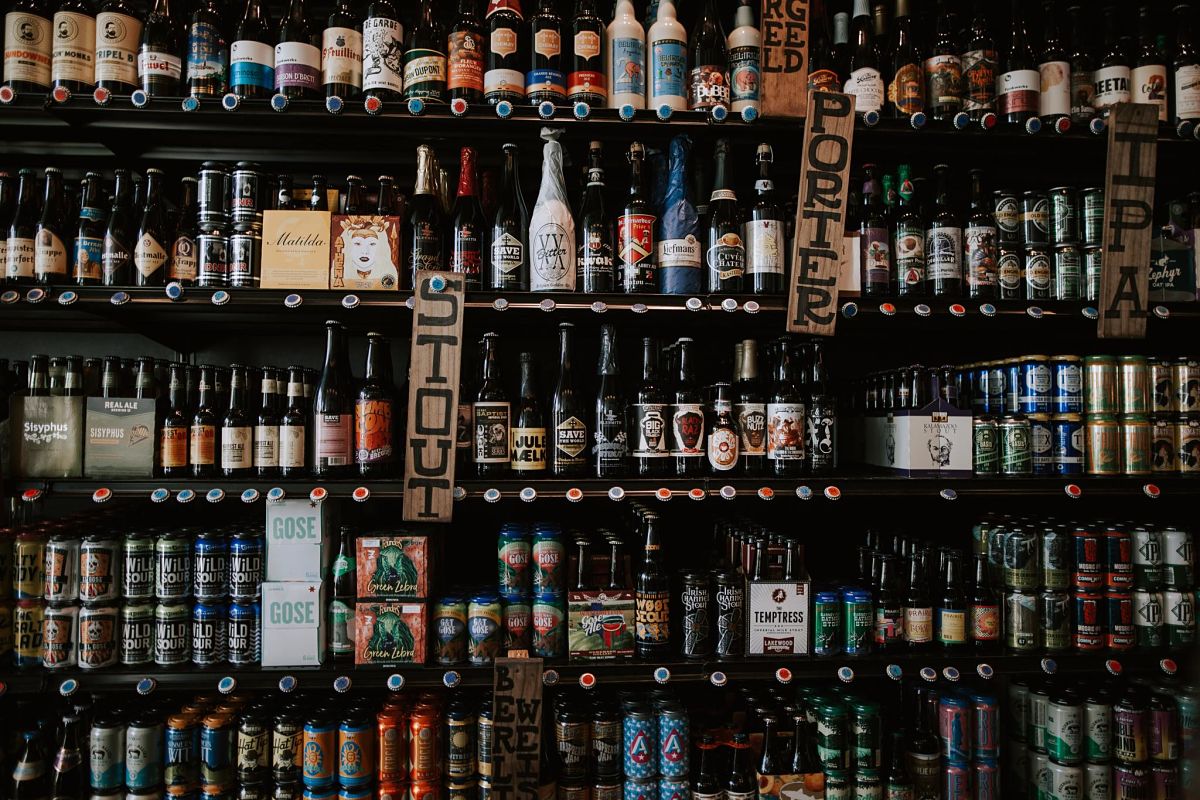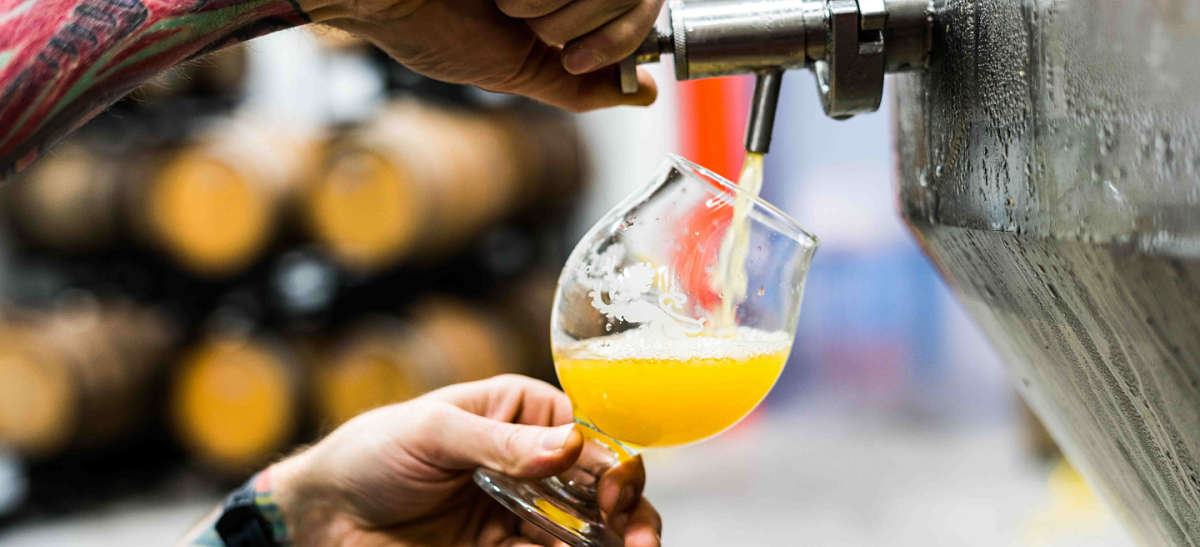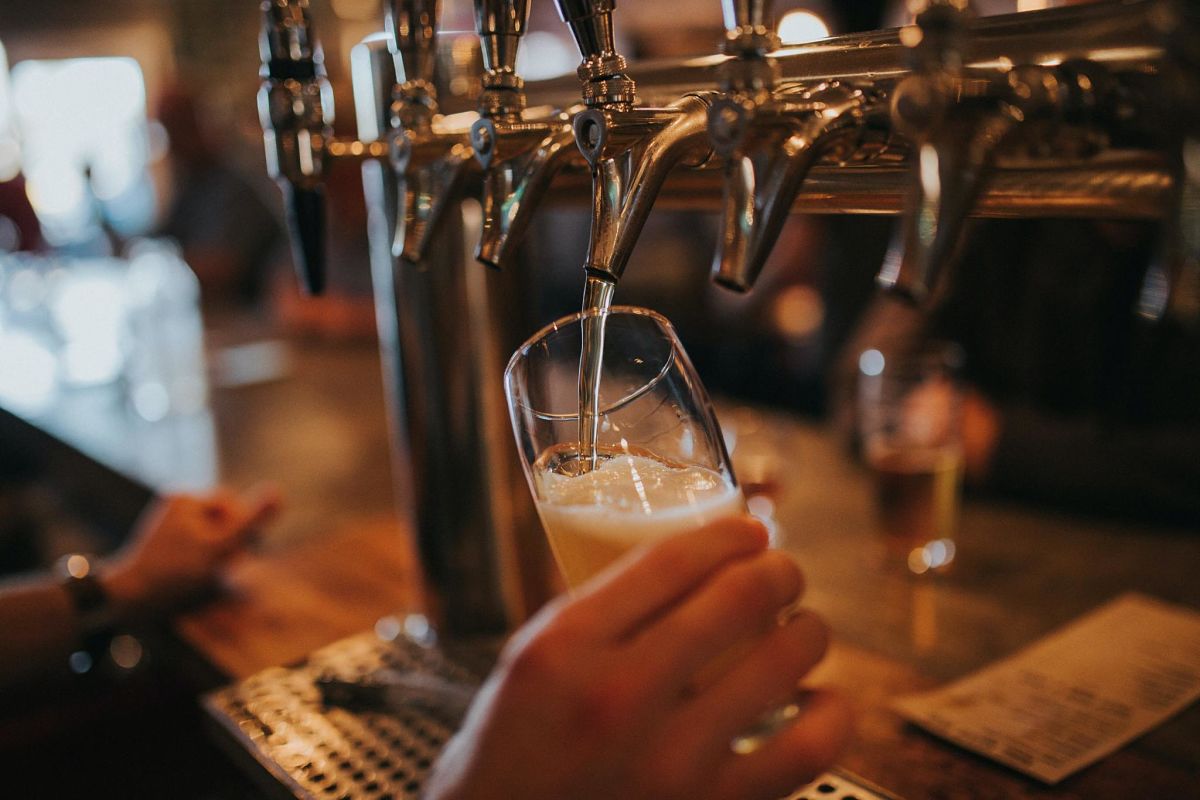What Ingredients Are Used to Brew Beer?
10 Mar 2021
Have you ever tasted banana in a Hefeweizen, chocolate in a Stout, or citrus in an IPA and wondered about all of the crazy ingredients that might go into the subtle flavors of your favorite brew?
Sometimes these extra flavors are added, but the truth is most of what you taste is achieved using the same four ingredients that are common to all beers: grains, water, hops, and yeast.
The simple ingredients that yield the soft sweetness and balanced hoppiness of a pilsner are the same ones that make your Double IPA come alive with citrusy bitterness. Small variations in these four ingredients and in the brewing process have a significant effect on the beer, and brewers have learned to manipulate these to create hundreds of styles with infinite variations.
Let's discover these four ingredients and how they contribute to the final product we all know and love.
Grains
Grains are the foundation of our beer and have an immediate effect on the first thing we notice about the brew, the color. Wheat, rye, corn, rice, and oats are often used, but the most common grain is malted barley.
The malted barley is baked at different temperatures and times, which create flavors of chocolate, coffee, caramel, and biscuit. Various combinations of the grains give us everything from the darkest imperial stout to the brightest golden pilsner and all of the colors in between.
Water
Once a brewer has chosen a grain bill and milled in the grains, they will combine the grains with warm water. It seems like an obvious observation, but this ingredient will make up most of the final product, which means the water used is critically important.
The water's mineral makeup used in a recipe can affect the overall flavor, bitterness and even introduce "off" flavors. Aside from ensuring that water is clean and free of impurities, brewers learn about the mineral content of the water they use so they can shape their beers accordingly.
Hops
Next comes the hops, which balance out the sweetness of the grains with bitterness and add a variety of flavors ranging from citrus and grapefruit to cinnamon and pine. Hop forward beers such as the IPA rely on hops to impart the intense bitterness and strong aromatics that are characteristics of the style.
Hops are also a natural preservative and help stabilize the beer by preventing the growth of bacteria.
Yeast
If you have ever enjoyed the soft buzz that comes with knocking back a pint of your favorite beer, you can send a prayer of thanks to your good friend, yeast.
But did you know yeast has a significant impact on the flavor of a beer?
Yeast is primarily responsible for converting the sugary grain and water mixture into a bubbly, alcoholic wonderland through fermentation. However, yeast has many different strains, and each will impart a different flavor to the beer when it is pitched. Hefeweizen Ale yeast will add the flavor of banana and clove to beer, and a Belgian Ale Yeast will have notes of peppercorn and allspice. Choosing the right yeast for the right style is vitally important, and if the brewer is not careful, it could lead to very unexpected results.
Additional Ingredients
Many of the unique flavors found in beer can be coaxed out with just the four ingredients listed above. However, sometimes additional flavors can be added.
A Belgian Witbier recipe will include coriander and orange peel, and sour beers are often infused with real fruit.
These days, the options are endless, and brewers will jump at the chance to get experimental. A new brewer could be warned about going overboard with additional ingredients, but taking a chance on something unique certainly falls within Brewing's explorative nature.
Brewers are continually searching for the perfect balance between these four ingredients. But that ideal mix of grains, water, hops, and yeast changes based on the style and goals of a particular recipe, and experimentation is a cornerstone of the brewing community.
So whenever you get the chance, don't be afraid to discover all the available types and styles on Only Craft Beer - whether you choose one based on the art on the label, a brewery you recognise, that special flavour or aroma or just to try something different, it’s hard to be disappointed by fresh beer delivered straight from an independent brewery.
You will indeed be surprised how such a simple list can create such a wide variety.
And remember, become a Craft Champion and you will pay less for your favourite beer, ALWAYS!








